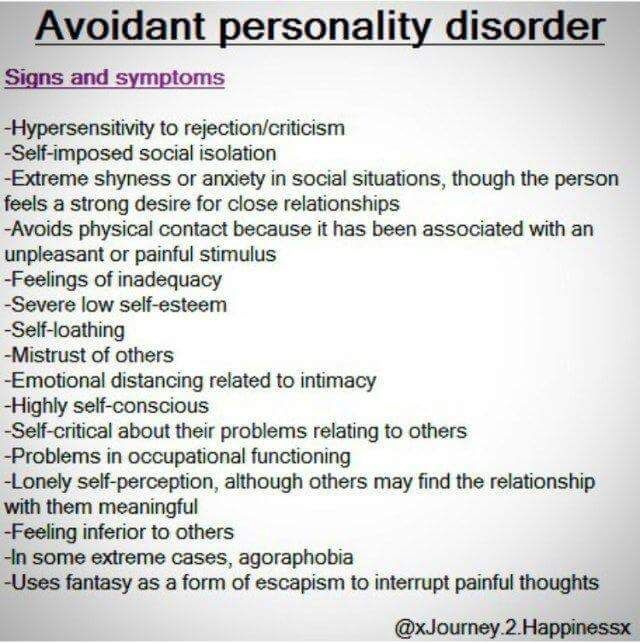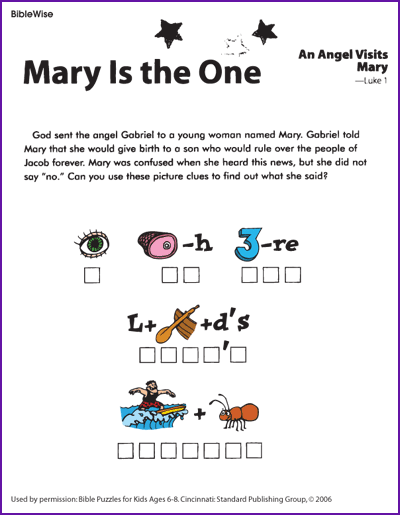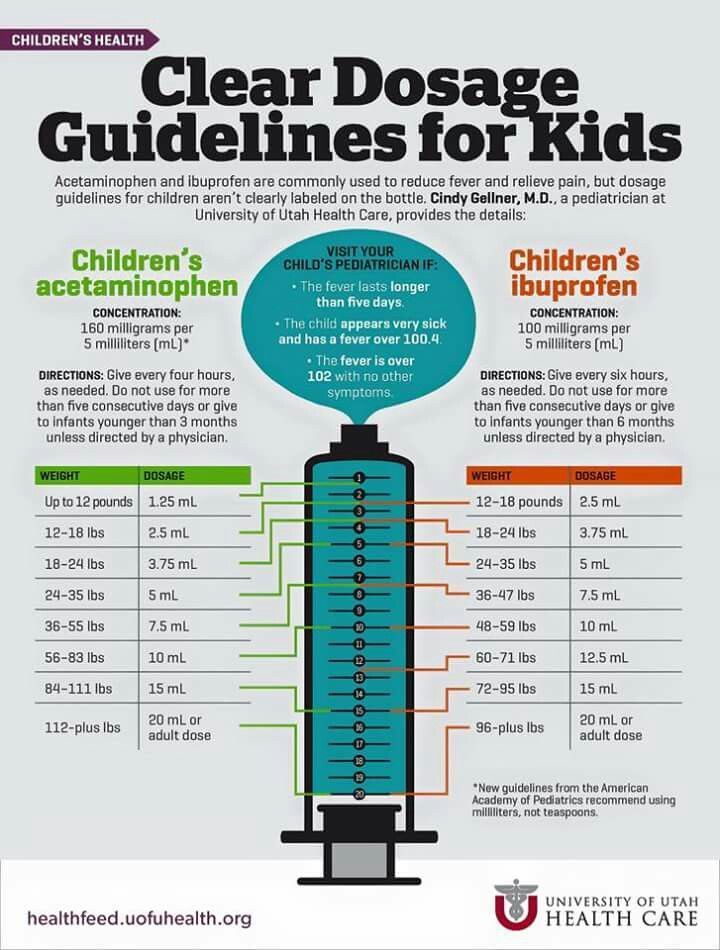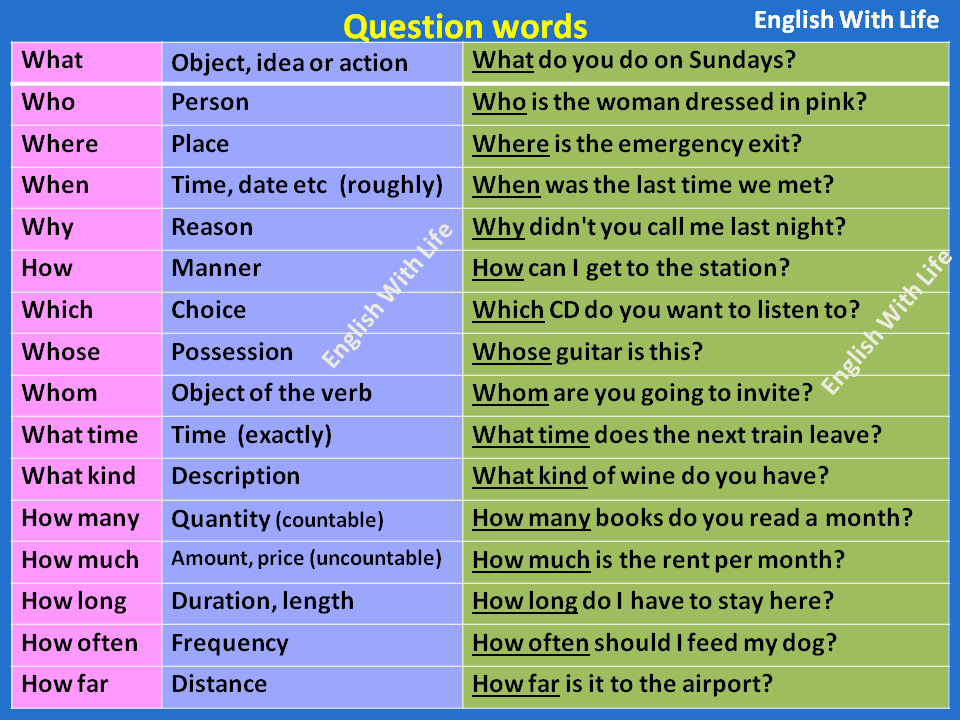Personality and temperament
Temperament and Personality: What is the connection?
Temperament & Personality
How does temperament help to shape
our personality characteristics?
Temperament influences our interaction with the environment.
Different interaction = different experiences.
Temperament refers to behavioral style, the 'how' of behavior. Personality describes 'what' a person does or 'why' they do things. Long recognized as different, researchers have investigated connections between the biological aspects of behavior seen in temperament, vs. personality structure and development.
Currently, one of the most popular personality theories is the Big Five theory of Paul Costa and Robert McCrae. Based on repeated factor analysis of personality traits, these authors have
concluded that personality is comprised of five universal dimensions: Extroversion, Agreeablness, Neuroticism, Openness, and Conscientiousness.
They believe that these five factors can be
found in self-ratings of personality in youngsters as soon as they are able to rate themselves, and remain invariant through adulthood.
Temperament researchers have been looking for links between the factors identified as temperament and the 'Big Five' factors, in both adults and children. In particular Rothbart's questionnaires have been shown to correlate with personality characteristics, opening up new avenues of inquiry. Rothbart's research has demonstrated significant links to four of the Big Five personality traits, based on her temperament dimensions of orienting sensitivity, effortful attention, extraversion and negative affect. Only the personality characteristic of Agreeablness failed to correlate significantly with one of the temperament scales.
Many other studies have been conducted, of course, including an increasing body of European research led by Gedolph Kohnstamm, Ivan Mervielde and Berit Hagekull.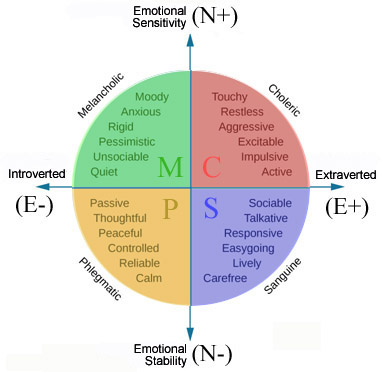 In the United States, temperament
researchers Charles Halverson and Roy Martin have published both theoretical and empirical papers on the temperament-personality connection. Temperament and personality are clearly related,
but not the same thing, based on both conceptual and empirical grounds. The links are there, but have yet to be completely understood.
In the United States, temperament
researchers Charles Halverson and Roy Martin have published both theoretical and empirical papers on the temperament-personality connection. Temperament and personality are clearly related,
but not the same thing, based on both conceptual and empirical grounds. The links are there, but have yet to be completely understood.
Identifying the temperament qualities that affect the development of personality in infancy and early childhood is also a significant question. Fewer studies have looked at this topic,
which seeks to understand how temperament in a preverbal child unfolds into personality characteristics in toddlerhood, childhood and eventually adulthood.
To determine your own adult temperament qualities, go here.
To learn how temperament is assessed in infancy and childhood, go here.
Related Content: Temperament FAQs
Is Temperament the Same as Personality?
You were born with your temperament, but your personality developed gradually.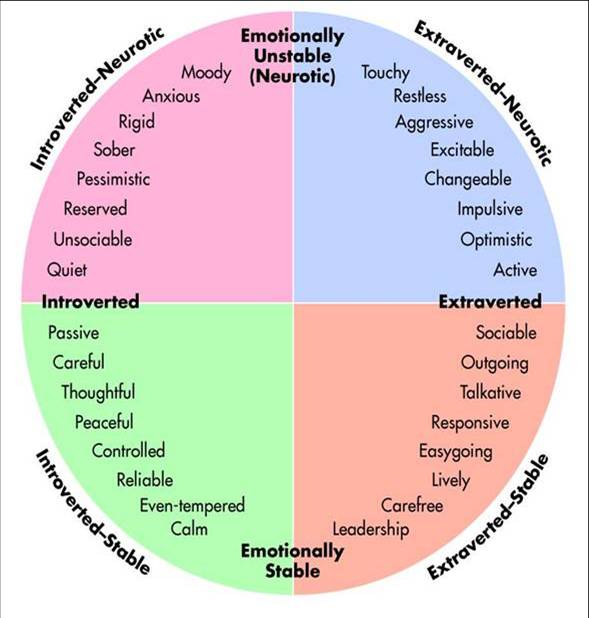 Though they have some connection, they’re quite different.
Though they have some connection, they’re quite different.
Your temperament, sometimes called disposition, refers to aspects of your personality influenced by your biology, not your experiences.
Your personality involves your thoughts, beliefs, dispositions, preferences, behaviors, and traits. Both your temperament and character influence your personality.
Temperament refers to the foundational part of your personality, says Mirela Loftus, MD, medical director for Newport Healthcare Connecticut. “It is our prevailing mood or mood pattern.”
On the other hand, personality is your whole self, including your temperament. Your personality is influenced by your temperament, which is thought to be biologically determined, along with your environment and experiences, says Loftus.
Temperament
Typically, you talk about temperament when describing how an infant behaves very early.
“You would not say, ‘The baby has an introverted personality’ the same way as you wouldn’t say, ‘The teenager has a choleric temperament,”’ explains Loftus.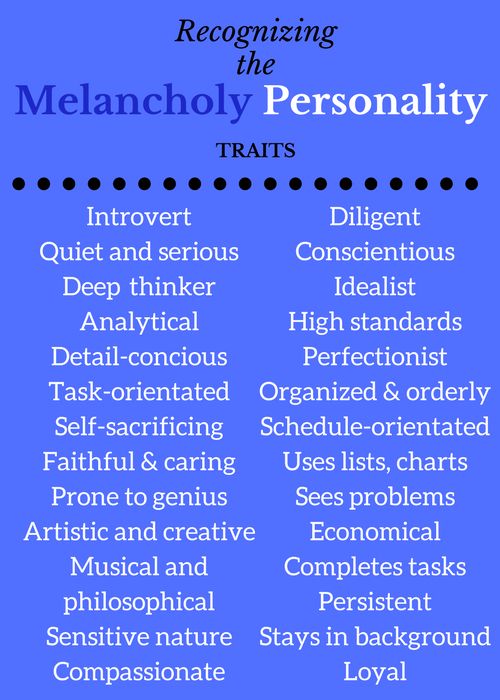
She provides the following examples of the four main types of temperament:
- sanguine (warm, optimistic, social)
- phlegmatic (relaxed, apathetic, slow-moving)
- melancholic (analytical, quiet, nostalgic)
- choleric (irritable, quick to react)
Temperament informs how you behave and move through the world, as does your:
- mood
- emotional responses
- demeanor
- energy levels
- curiosity
- adaptability
- inhibition
Unlike personality, temperament isn’t influenced by experience.
Temperament may have a genetic link, while personality is formed from life situations. In this sense, your temperament tends to stay the same throughout life while your personality can change.
Personality
Your personality is composed of distinguishing traits individually, and interacting with each other may dictate how you behave and react in specific situations.
Some common personality traits include:
- optimism or pessimism
- extraversion or introversion
- agreeableness
- confidence
- generosity
- creativity
- fairness
- loyalty
- warmth
Personality develops as you age.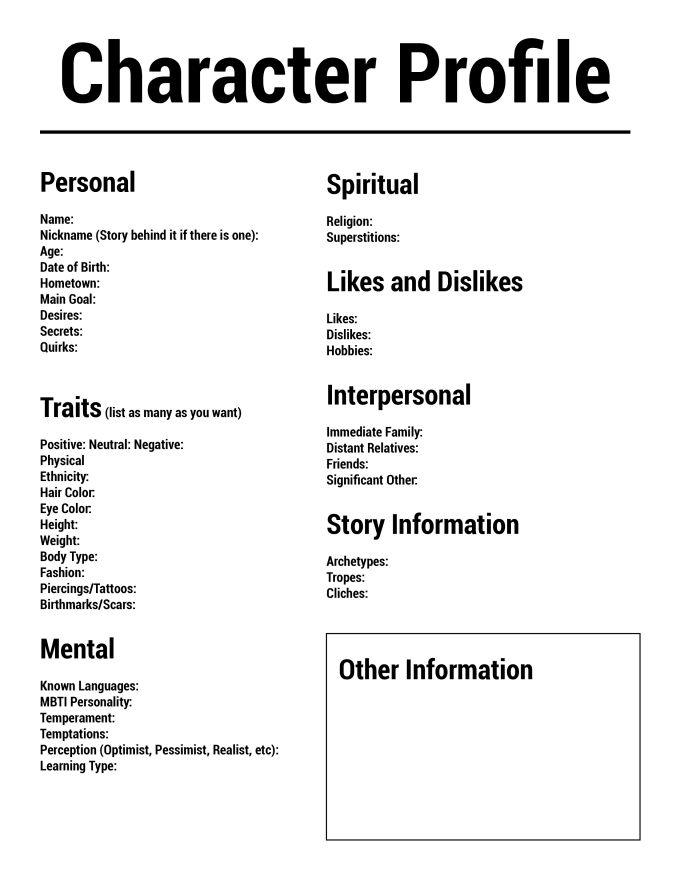 It typically involves elements such as your favorite color or music, whether you prefer staying home or going out, and if you mostly participate or remain quiet during work meetings.
It typically involves elements such as your favorite color or music, whether you prefer staying home or going out, and if you mostly participate or remain quiet during work meetings.
Personality traits are often described in contrasting terms, but many people fall along a spectrum. Just because you prefer being around people doesn’t mean you can’t enjoy alone time now and then.
Temperament influences how you react and approach the world as a child. For example, how you adapt to your caregiver’s absence or how persistent you are when learning something.
A child’s reactions and interactions with their environment gradually shape their personality. They can affirm or deter particular behaviors or preferences.
“Temperament continues to affect the way we approach the world even once personality is developed since temperament is a set of inborn traits that are relatively stable and constant from birth,” explains Loftus.
Temperament can impact how you respond to certain life challenges or situations.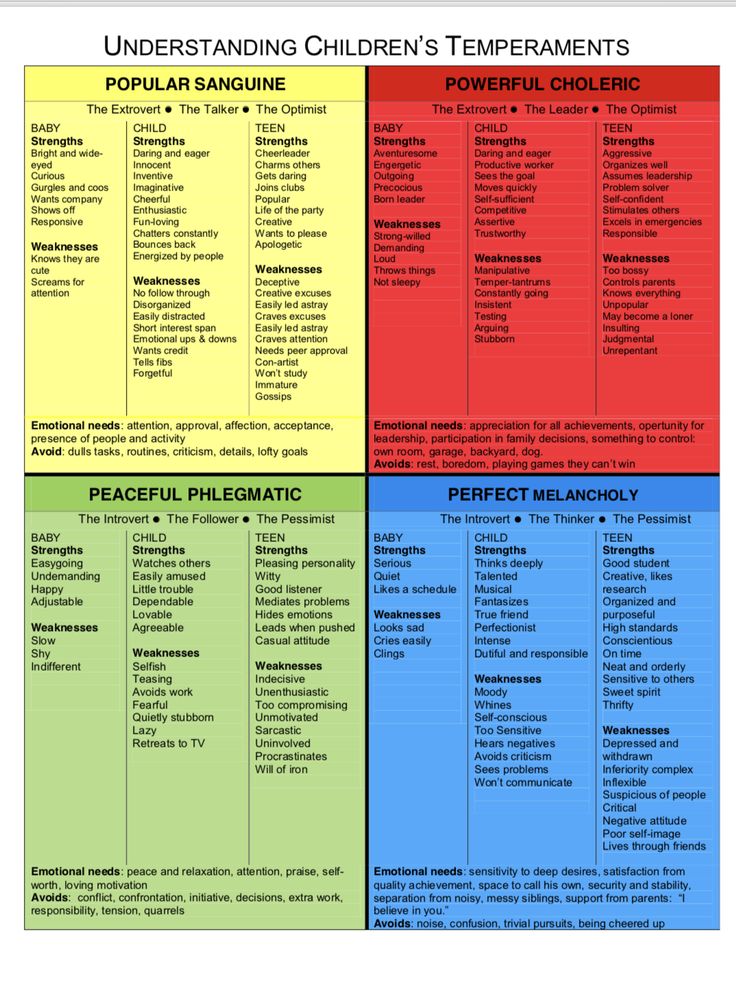
Someone with a choleric temperament who may have an irritable disposition, for instance, may have a more challenging time with stress at work. They may be more reactive than reflective than someone with a phlegmatic temperament.
A 2020 study of 1,239 participants ages 12 to 19 found that the personality trait neuroticism was linked to adverse mental health effects. The same research indicated that an optimistic disposition would have the opposite impact.
Temperament can also affect relationship dynamics, says Loftus. A parent with low-frustration tolerance, for example, may find it challenging to interact with a child with an intense disposition.
“This can lead to negative interactions and ultimately the development of oppositional defiant disorder or aggression,” she says.
You’re born with a particular temperament that influences how your personality develops. Your temperament is your mood and disposition, and it’s thought to be mainly based on biology.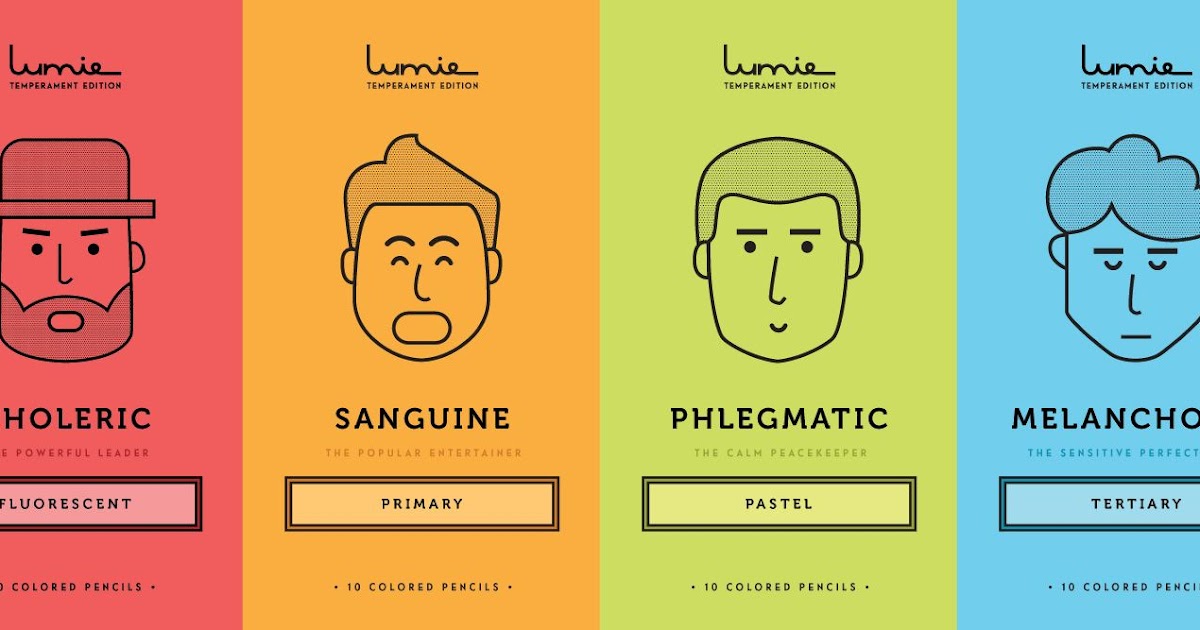
Your personality is all of you, not just your temperament. It’s influenced by your disposition as well as your experiences and interactions.
Your temperament and character are aspects of your personality, which develop and may change with age.
Temperament and personality
05/16/2012
Personality and temperament are linked. Temperament acts as a general basis for many personality traits, primarily character. However, it determines only the dynamic manifestations of the corresponding personal properties.
Such personality traits as impressionability, emotionality, impulsivity and anxiety depend on temperament.
Impression is the strength of the impact on a person of various stimuli, the time they are stored in memory and the strength of the reaction to them. The same stimuli have a greater effect on an impressionable person than on an insufficiently impressionable one.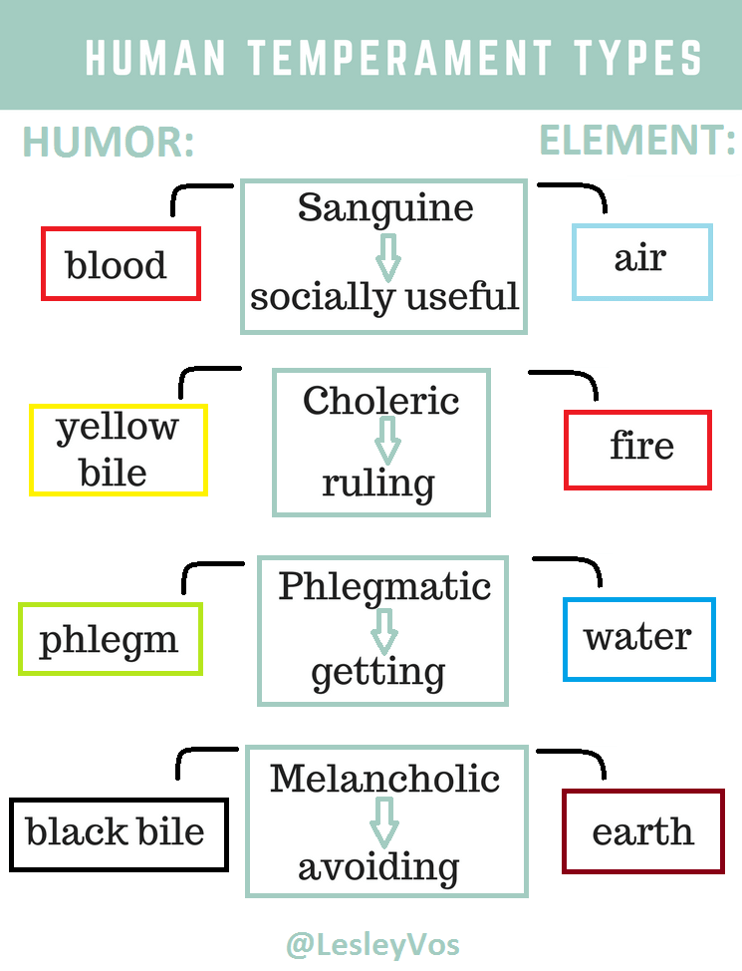 An impressionable person remembers different influences longer and retains a reaction to them longer. His reaction force is much greater than that of a less impressionable individual.
An impressionable person remembers different influences longer and retains a reaction to them longer. His reaction force is much greater than that of a less impressionable individual.
Emotionality is the speed and depth of a person's emotional reaction to certain events. An emotional person attaches great importance to what is happening to him and around him. He has a stronger expression of all kinds of bodily reactions associated with emotions. An emotional individual is one who is almost never calm, constantly in the grip of any emotions, in a state of increased excitement or, on the contrary, depression.
Impulsiveness manifests itself in unrestrained reactions, in their spontaneity. An impulsive person first reacts, and then thinks if he did the right thing, often regrets premature and wrong reactions.
Anxiety manifests itself in emotional experiences: anxiety, fear, apprehension, fear. It seems to an anxious person that much of what surrounds him carries a threat to his “I”.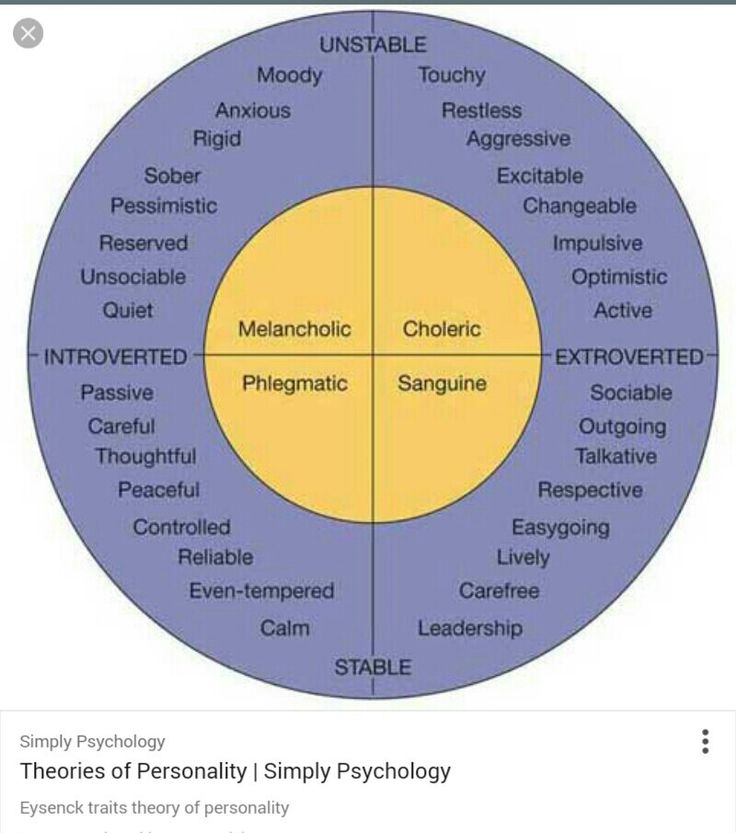 An anxious person is afraid of everything: strangers, phone calls, exams, tests, official institutions, public speaking, etc.
An anxious person is afraid of everything: strangers, phone calls, exams, tests, official institutions, public speaking, etc.
The combination of the described properties creates an individual type of temperament . When characterizing a person's temperament, one has to deviate from purely dynamic descriptions and include characterological personal qualities in them. This is not accidental, since the properties of temperament exist and are manifested not by themselves, but in the actions and behavior of a person.
In the psychology of an adult, it is difficult to separate temperament and character. The temperament of a person affects the formation of his character, is the biological foundation of his character. Character expresses a person not so much as a physical, but as a spiritual being. Those manifestations of temperament, which ultimately become personality traits, depend on training and education, on culture, customs, traditions, and much more.
Key words: Personality, Temperament
Source: Kuraev G. A., Pozharskaya E.N., Human Psychology
A., Pozharskaya E.N., Human Psychology
| Related materials |
|---|
| Extrovert and introvert: differences, tests Kudelin AS, Gerashchenko AV, Hypnosis. Practical guide |
| Psychogenetic studies of temperament and personality Izmailov VV Psychogenetics. Mn., 2010. |
| Temperament as a personality trait ... |
| Place of temperament in personality structure ... |
| Constitutional status of a person in the Russian Federation Yakushev A.V., Theory of State and Law |
| Personality formation and social environment Stolyarenko L.D., Psychology and pedagogy for technical universities |
| Personality as a subject of psychological knowledge Melnik S. |
| Mental health states of the individual ... |
6. Temperament and personality
Personality and temperament are related in such a way that temperament appears in as a common basis for many other personality traits, especially character. However, it only defines dynamic manifestations of the corresponding personal properties.
From temperament personality traits such as impressionability, emotionality, impulsivity and anxiety.
Impressibility is the force of influence on a person various stimuli, their retention time in memory and the strength of reaction to them. Alone and the same incentives on the impressionable people have a greater impact than not impressive enough. Impressive person besides remembers the corresponding impacts longer and stays responsive to them longer.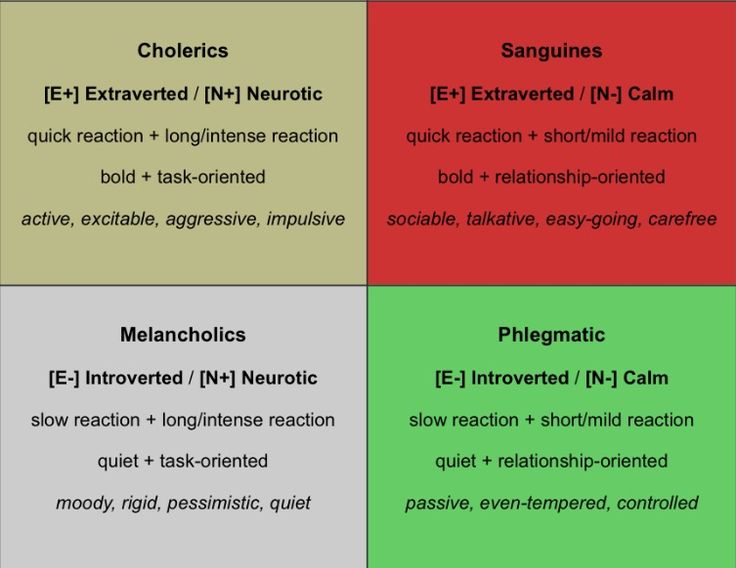 Yes and the strength of the corresponding reaction in him significantly more than less impressionable individual.
Yes and the strength of the corresponding reaction in him significantly more than less impressionable individual.
Emotionality is the speed and depth of emotional human response to certain events. Emotional person attaches great the significance of what happens to him and around it. He has much more than in an unemotional person, expressed various bodily reactions associated with emotions. The emotional individual is someone who almost never calm, always in control any emotion, in a state of heightened excitement or, on the contrary, depression.
Impulsivity manifests itself in incontinence of reactions, in their spontaneity and appearance even before How does a person think situation and take reasonable decision about how act. impulsive person react first, think later whether he did the right thing, often regrets about premature and wrong reactions.
Anxious man differs from low anxiety in that he too often has related with anxiety emotional experiences: fear, apprehension, fear.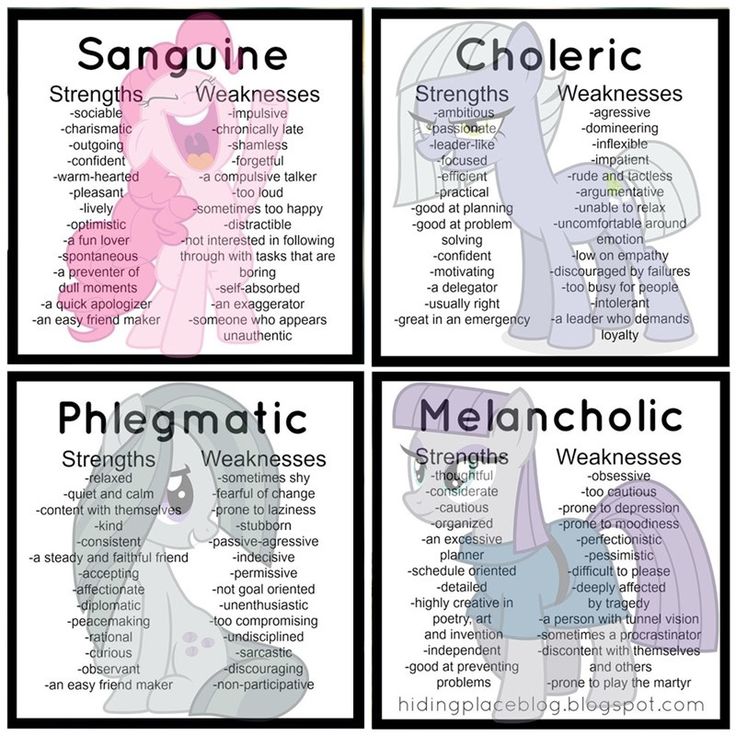 It seems to him that much of what surrounds him poses a threat to one's own "I". An anxious person is afraid of everything: strangers, phone calls, exams, tests, official institutions, public speaking and etc.
It seems to him that much of what surrounds him poses a threat to one's own "I". An anxious person is afraid of everything: strangers, phone calls, exams, tests, official institutions, public speaking and etc.
The combination of the described properties and creates an individual type temperament, therefore, characterizing it, we didn't accidentally have to have time from time to time deviate from purely dynamic descriptions and include characterological personal qualities. Those manifestations temperament, which ultimately become personality traits from training and education, from culture, customs, traditions, and much more.
temperament in influence the development to some extent. abilities of a person, especially those in whose composition includes movements with such their essential characteristics, pace, reaction rate, excitability and inhibition. First of all, this abilities that include complex and precise movements with a difficult trajectory and uneven pace.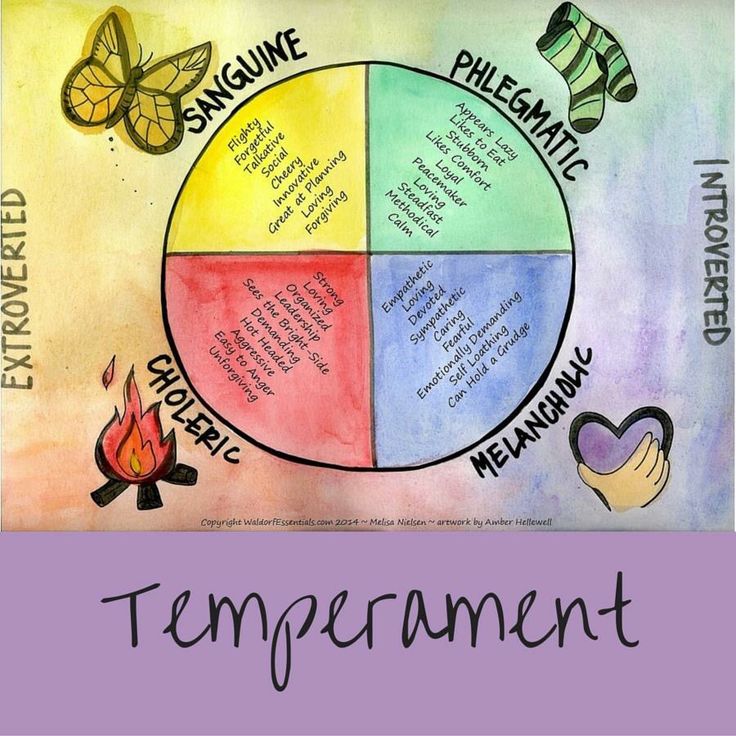
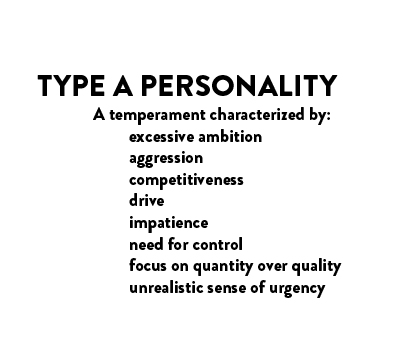 N., Psychology of personality
N., Psychology of personality 
